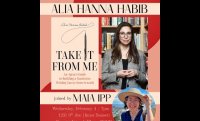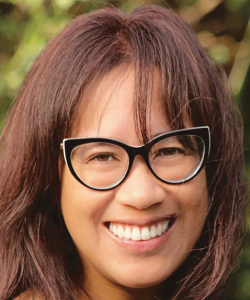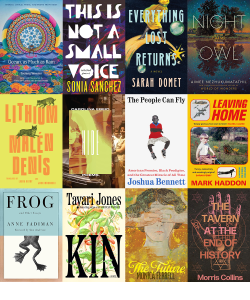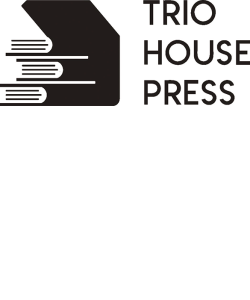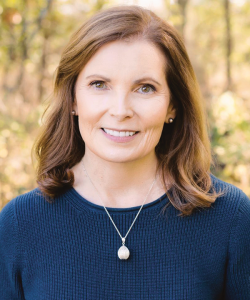Alia Hanna Habib: Take It From Me
In this Green Apple Books event, literary agent Alia Hanna Habib reads from her guidebook, Take It From Me: An Agent’s Guide to Building a Nonfiction Writing Career From Scratch (Pantheon Books, 2026), and offers advice to aspiring writers in a conversation with Maia Ipp. Habib’s book is the “Suggested Reading” pick in the March/April 2026 issue of Poets & Writers Magazine.





